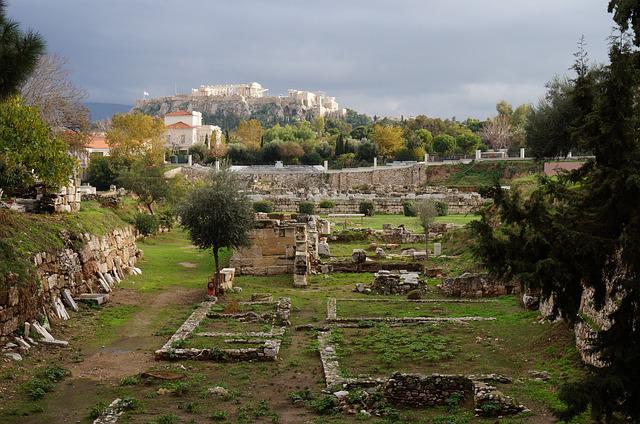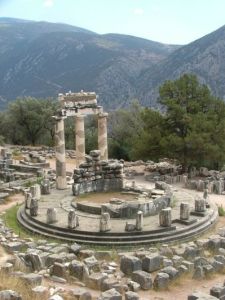
Tips for research:
As with any writing tips, these are what work for me and may not be what work for you. Take what you can use and ignore the rest.
- Remember who your audience is. By and large, it is NOT your thesis committee. Nobody is going to steal your degree from you if your novel gets things wrong. Yes, there will be those who absolutely nitpick and look for mistakes in your historical research. Who will fault how you treat your fictional horses, that you wrote about the plague 30 years earlier than it happened, that you have no business trying to describe carding wool. You absolutely SHOULD try to head these people off at the path. Do your best not to make these mistakes. Then stop worrying. Most people do not go into a novel, even historically based, with the desire to pick apart all the details. They want to enjoy themselves, and understand the concept of literary license, which leads me to tip #2:
- Remember you are telling a story. Even when you’re writing historical fiction, the needs of the story come first. Resist the temptation to spill all your research out onto the page. Parcel out what you need when you need it. I still remember attempting to read (at the time) a very popular historical series set in the Roman Empire two of my professors recommended to me. There was so much info dumping, I couldn’t make it past the first page. On the other hand, I quite enjoyed the HBO series Rome though they took liberties with the history, including misplacing an entire Octavia.* I understood why they made the choice (Roman naming conventions are confusing), and Octavian having only one sister named Octavia did not hurt the plot. This was always intended to be an interpretation of the historical events, not a word-for-word account.
- Do not let yourself fall down research rabbit holes. If you are the type of person who will do this, maybe set a timer and only allow yourself an hour of research at a time? Do not bookmark, print out, save for later, etc. articles or books that are not relevant to the project you are working on now. You will get overwhelmed, and this can be an excellent way to get so bogged down in research and never actually start writing.
- DO let yourself fall down research rabbit holes–occasionally. Chances are, you have more than one book in you, and you never know where inspiration will strike. So be honest with yourself. Am I on deadline, or in the generative state of the writing process? Do I have time to explore these other ideas now, or am I using them as a procrastination tool? Use whatever technique you have to keep track of story ideas-notebook, spreadsheet, Scrivener file, etc.–and jot down those articles you want to read, books you want to buy, historical figures you would love to write about. You never know what inspiration might strike you later.
- Write “as if.” No matter how much you research beforehand, it is impossible to anticipate ALL the historical details you may need to know: what did they call this gentlemen’s outer garment, is there a less jarring word I could substitute for “teenager” here, and so forth? If you are drafting, writing along in the “zone” and you come across something you don’t actually know yet, leave parentheses, an asterisk,TK, or whatever signal works for you as a reminder to come back to it.
These tips are just a starter, of course, what happens to work for me. Do you have any tips that help with your historically based fiction?
*(They also misplaced an entire Fulvia, Antony’s wife, but gave much of her personality to Atia? I’m not sure why, but a scheming Polly Walker is always fun to watch.)


I am currently in the middle of researching my novel. It is not a historical fiction novel, but it has cultural influences. Thank you for sharing these tips!
LikeLike
Awesome! I hope they help!
LikeLiked by 1 person